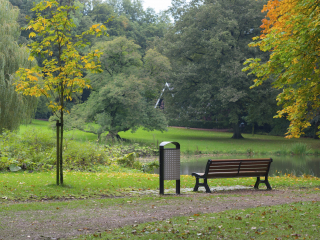Did you see our previous blog on the New waste levy for local government?
The waste disposal levy has now been in place for almost 6 months. It was introduced to encourage businesses to reduce, reuse, recycle, and only send waste to landfill if it cannot be recovered.
Landfill operators (both local government and private businesses) within the levy zone pay the levy to the Queensland Government, based on the quantity and type of waste disposed. There are exemptions for some specific types of waste, such as waste that results from a declared disaster.
The current levy zone includes:
- 55 landfill operators
- 127 active landfills
- 39 of the 77 local government areas, covering around 90 per cent of Queensland’s population
- 4 local governments situated outside the levy zone who still pay the levy as they dispose their waste within the zone.
There is no direct impact on households as the Queensland Government will fund annually all councils for household waste disposed in the levy zone.
What are the financial impacts?
At the state level, the Department of Environment and Science (DES) administers the collection of the Queensland waste levy. In 2019–20, the state budgeted $432.6 million will be collected from the implementation of the levy.
For local councils, DES provided them an advance payment in June 2019 totalling $143.5 million to cover the cost of household waste and to assist councils in implementing the waste levy. This advance payment was recorded as unearned revenue by councils in their 2018–19 financial statements.
From 2020–21, DES will make quarterly payments to councils to cover the estimated cost of household waste. This funding is expected to be recognised as a contra expense. Any funding received above reimbursed levy payments to ratepayers is to be recognised as revenue.
You can find further information on the waste disposal levy, including the levy rate per tonne, on the Queensland Government website.

